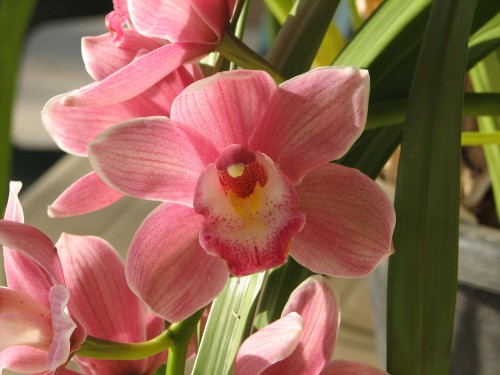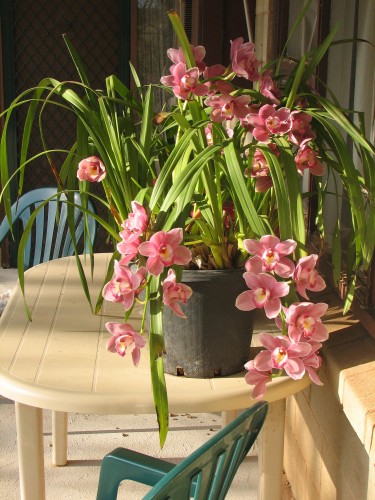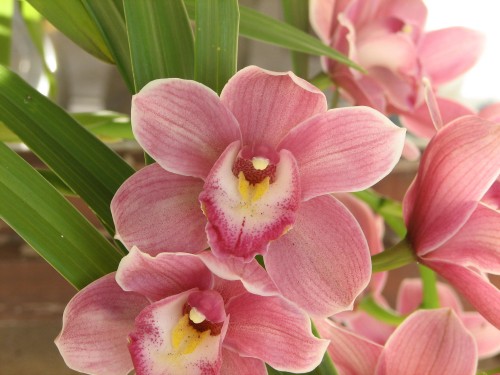Yesterday I wrote about having read a great deal of the poetry of the Australian poet Les Murray. This was in preparation for writing a research paper for one of the units I am studying for my Master of Arts in Creative Writing.
In addition to reading many of his poems I also reread much of a biography about Les Murray. This book, Les Murray: a Life in Progress was written by Peter F. Alexander and was published in 2000. I picked up this volume from a remainder table in a large Sydney bookshop several years ago. It is fascinating reading.
It is little wonder that Murray writes with such passion. His childhood was extremely unhappy and the family struggled in poverty on a dairy farm near Taree in the mid north of New South Wales. His schooling was limited and his mother taught him to read before he attended school. He was a voracious reader with an incredible memory, matched only by his insatiable curiosity. All of these attributes have served him well throughout his poetic career as he draws on so many ideas from his reading for inclusion in his writing.
His mother died when he was only 12 and this sad event had a lasting effect upon both Les and his father. He wrote many poems about those tragic times later in life. When he attended Taree High School he was constantly bullied and ostracized. Again, this proved fertile ground for his poetic pursuits. Once Les commenced at Sydney University he began to blossom as a person and as a poet. He quickly established himself as an emerging poet. In fact, his writing took precedence over his studies; he hardly studied at all and took nearly a decade to complete his degree.
He tried various jobs which would help support his young family, but he never really enjoyed any of them. Eventually the proceeds from his books – he has had over 30 books of poetry published so far – plus income from various fellowships, awards and prizes went some of the way to providing for his family. Without the income from his wife’s teaching he would not have been about to continue his prolific output of writing over such a long period of time.
One aspect of Murray’s poetry I found difficult at first was the form that much of it takes. He uses rhyme sparingly, and when he uses it, he is not always consistent. Another interesting aspect of Murray’s poetry is the irregular metre of much of his poetry. If one is looking for a set metrical pattern in his poetry you will often be disappointed. There are exceptions, of course, and they are usually more noteworthy for its inclusion.
Because Murray grew up in rural New South Wales, he has drawn on his knowledge and many of his experiences of farm life for his poetry. I believe that Les Murray is the quintessential Australian landscape poet. Other poets may be able to capture the essence of the Australian landscape, but none have been able to do this on a consistent basis over such a length of time and in so many poems.
One of the strengths of his poetry is the process by which Murray incorporates the Australian fauna a flora in a natural, unforced way into his poetry. I believe that one of the strengths of the poetry of Les Murray is his ability to take everyday objects or incidents, and explore them in verse. Even the simplest thing – taking a shower – is material for his poetry.
Reference:
Alexander, Peter F. 2000. Les Murray: A Life in Progress. Oxford University Press, South Melbourne.
Further reading:
- Les Murray: a extensive archive of articles about Les Murray, including copies of many of his poems.


